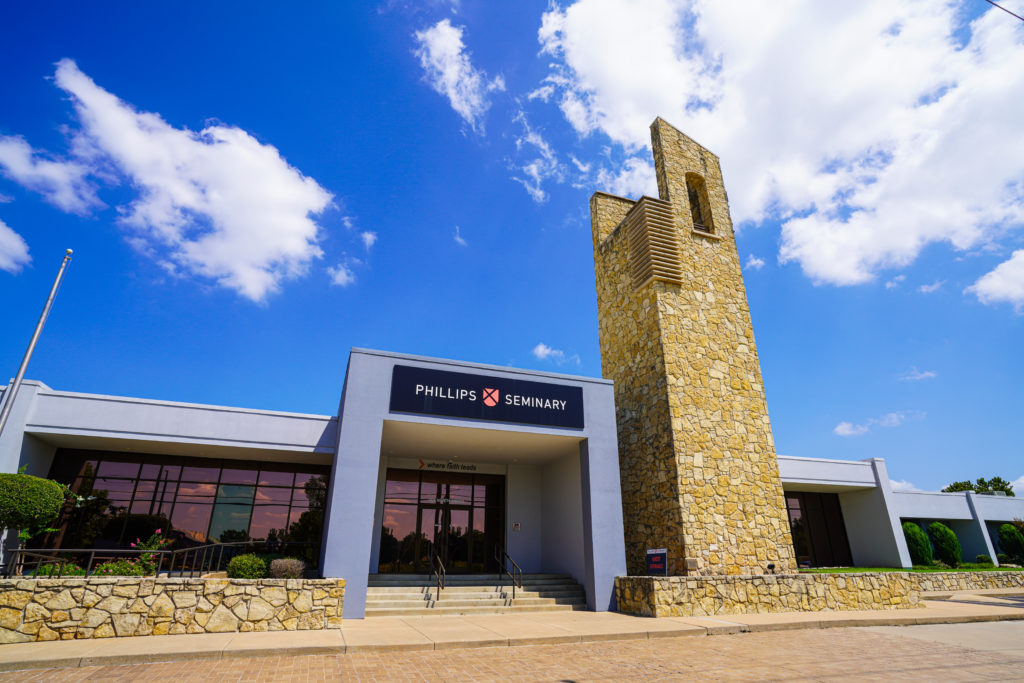As Antisemitism Rises, Phillips Professors Call for Reading Scripture with Respect for Judaism
While the hostage situation at the Congregation Beth Israel Reform synagogue in Texas ended with the hostages being released, this latest attack on a Jewish house of worship is a sign of the continued rise in antisemitism in the United States.
“The antisemitic activities, especially from those who claim the title Christian, appear to come out of the wrong idea that Christianity somehow supersedes Judaism,” said Nancy Claire Pittman, president of Phillips Theological Seminary.
“As a Christian seminary president and a New Testament scholar, I lament this rise in antisemitic attacks and on behalf of the whole Phillips community express solidarity for the Colleyville synagogue and other synagogues, especially those in our home community of Tulsa, Okla.”
About three-quarters of Jews surveyed in 2020 by the Pew Research Center said there is more antisemitism in the U.S. than five years ago. The same survey indicated more than half said they feel less safe as a Jewish person in America over the same time.
The 2021 State of Antisemitism Report in America by the American Jewish Committee showed 24 percent of American Jews were the target of antisemitism over the past 12 months and that 39 percent have changed their behavior because of fear of antisemitism.
“Our students are expected to respect the Hebrew Bible as having inherent value,” said Lisa Davison, Johnnie Eargle Cadieux Professor of Hebrew Bible at Phillips. “In my Hebrew Bible courses, students learn about the history of Christian supersessionism in the interpretation of these texts and are empowered to read/preach/teach the Hebrew Bible in ways that are respectful of Jewish tradition.”
Warren Carter, LaDonna Kramer Meinders Professor of New Testament at the seminary, is teaching an upper-level course on reading the New Testament in the context of first-century Judaism this semester.
The course enables students to be familiar with some of the vibrancy and faithfulness that marked first-century Judaism and to think about ways in which the New Testament writings engaged this tradition and its texts.
“Sometimes the New Testament writers draw on Jewish paradigms of faithfulness and encounter with the divine in respectful ways to recognize that Jews and Christians co-exist in the divine purposes,” he said.
“Other times they do so in nasty, even hateful, ways in blaming Jews for putting Jesus to death when in fact the Roman governor Pilate ordered his crucifixion, or falsely claiming that Jesus-followers have replaced Jews in the divine purposes,” Carter said. “Christian readers must recognize these hateful texts to be unacceptable ethically, theologically, and historically.”
Phillips offers a variety of audit, lay training and online courses that can help Christian congregations to understand their indebtedness to Jewish traditions and to learn to be in solidarity to extend hospitality and compassion to synagogue communities.
For help in finding a course or to request a faculty speaker, contact Kurt Gwartney in the seminary communications office at 918.270.6470 or by emailing kurt.gwartney@ptstulsa.edu.


